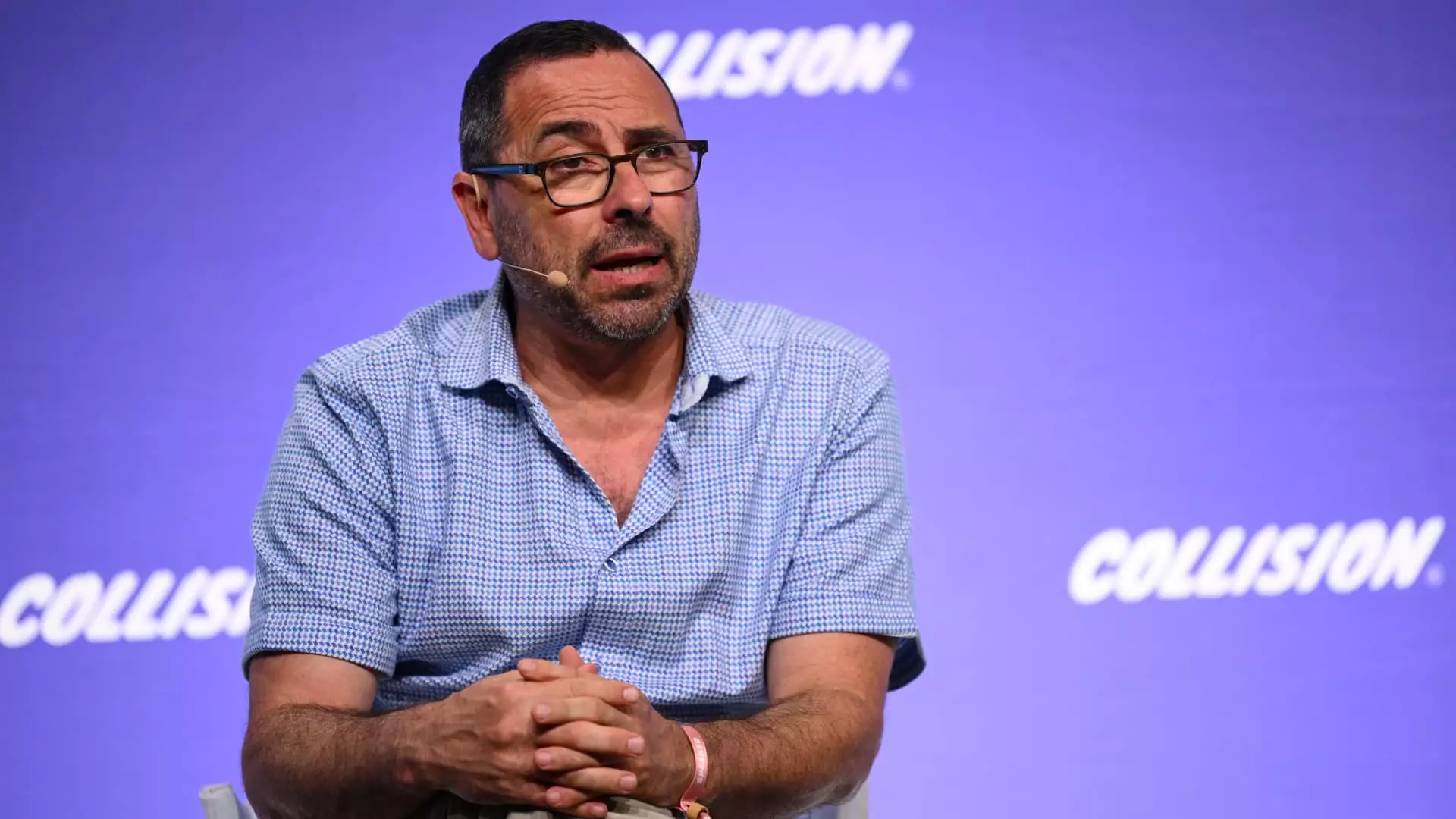Cerebras Systems, a formidable player in the artificial intelligence (AI) chip arena, recently obtained a green light from the Committee on Foreign Investment in the United States (CFIUS) for a share sale to Group 42, an AI firm backed by Microsoft and based in the UAE. This development marks a significant milestone not just for Cerebras, but for the broader tech ecosystem amid growing geopolitical complexities. The CFIUS approval is more than a mere formality; it symbolizes a major step towards Cerebras going public, a move that could change the dynamics of AI chip competitiveness. This highlights the necessity for robust partnerships in an ever-evolving tech landscape, particularly between American and UAE enterprises, which comes with its own set of implications for national security and economic growth.
Consolidating Power in a Competitive Landscape
Cerebras has positioned itself in direct competition with Nvidia, the current leader in AI processing with its heavily sought graphics processing units (GPUs). While Nvidia dominates the market, Cerebras is uniquely carving out a niche that revolves around its key customer, Group 42, which accounted for a staggering 87% of its revenue in the first half of 2024. This reliance raises eyebrows about the sustainability of Cerebras’s business model as they navigate the IPO landscape. It seems imperative now, more than ever, for Cerebras to diversify its clientele if it wishes to secure a robust market presence once it becomes publicly traded.
Regulatory Scrutiny and Strategic Moves
Issues surrounding foreign investments and potential ties to adversarial powers, particularly China, have placed Cerebras in a precarious position. Lawmakers like Mike Gallagher have previously expressed concerns over Group 42’s connections, suggesting that national security could be at play. Interestingly, the relationship between America and the UAE has evolved, positioning the latter as a critical ally rather than a liability. The shift in CFIUS’s stance, granting Cerebras the capability to pursue the share deal, underscores the idea that collaborative innovation with allied nations may be essential for maintaining American technological lead. Yet, the risk remains manifest, especially when large players like Microsoft are involved.
Challenges in the IPO Market
The broader IPO market has grown increasingly cautious since interest rates surged—most tech firms have shied away from going public due to investors’ newfound risk aversion. However, Cerebras’s decision to file for an IPO in September reflects an optimistic albeit risky move to capitalize on the burgeoning AI market. Compared to CoreWeave’s recent public listing, which saw shares tumble on their second day of trading, the market is teetering on a precipice of uncertainty. Cerebras must navigate this tricky landscape while demonstrating consistent profitability and growth potential to attract discerning investors.
A Grateful CEO and Optimistic Outlook
Andrew Feldman’s expression of gratitude toward President Biden and the partnerships with UAE leadership signifies more than mere politeness; it reveals a transformative outlook for American innovation. This collaboration could be viewed as an essential pivot, positioning American companies to harness global resources while maintaining compliance with regulatory frameworks. It’s clear that Cerebras is not just looking to sell chips but to position itself at the forefront of AI advancement—a vision that could reshape the industry. However, challenges abound, and how well Cerebras can traverse these complexities will determine whether it emerges as a trailblazer or merely a footnote in the annals of AI history.

